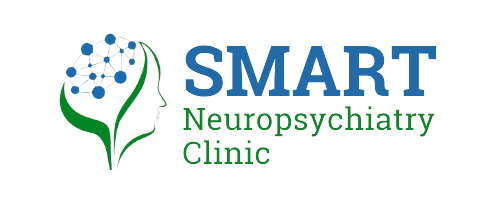Child Guidance Unit
Learning disabilities encompass a range of challenges that can hinder a student’s ability to grasp classroom material. These disabilities are not uniform; each type targets different areas of learning and requires specific strategies for effective teaching.
Remedial teaching is like giving a little extra help to students who need it. It’s about finding fun and creative ways to help kids understand things they find tricky. Just like how a coach helps a player improve their skills, remedial teaching is all about supporting students to become confident and successful learners.
Types of Learning Disabilities: The major categories include:

Dyslexia
Primarily affects reading abilities. Students with dyslexia struggle with understanding and recognizing words, impeding reading fluency and comprehension.

Dysgraphia
Characterized by writing challenges. Students may have difficulties with spelling, handwriting, and organizing thoughts on paper.

Dyscalculia
Involves difficulties understanding numbers and math concepts, making calculations challenging.

Executive Function Difficulties
Problems manifest as struggles with organizing tasks, managing time, and maintaining focus.

ADHD (Attention Deficit Hyperactivity Disorder)
Impacts learning by making it difficult for students to regulate attention and control impulsive behaviors.

Teaching Students with Learning Disabilities
Educating these students demands patience, tailored instruction, and consistency. Intensive remedial instruction and consistent methods foster an inclusive, supportive environment, improving outcomes.
Smart's Services
Counseling
ADHD Management
Remedial Services
Positive Parenting
Disability Certification
Inclusion Guidance
Study skills
Assessments
Need help for someone you care about?
We know how hard it is to watch someone you care about struggling. Finding the right care is the first step. If you want guidance on the best mental health support for yourself or a loved one an Smart Clinic Consultant can help you.

